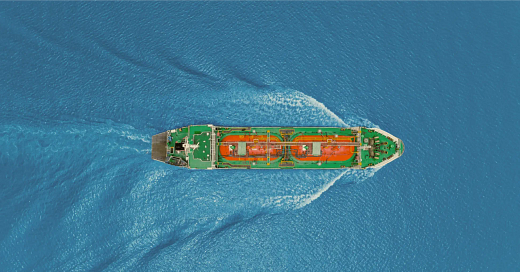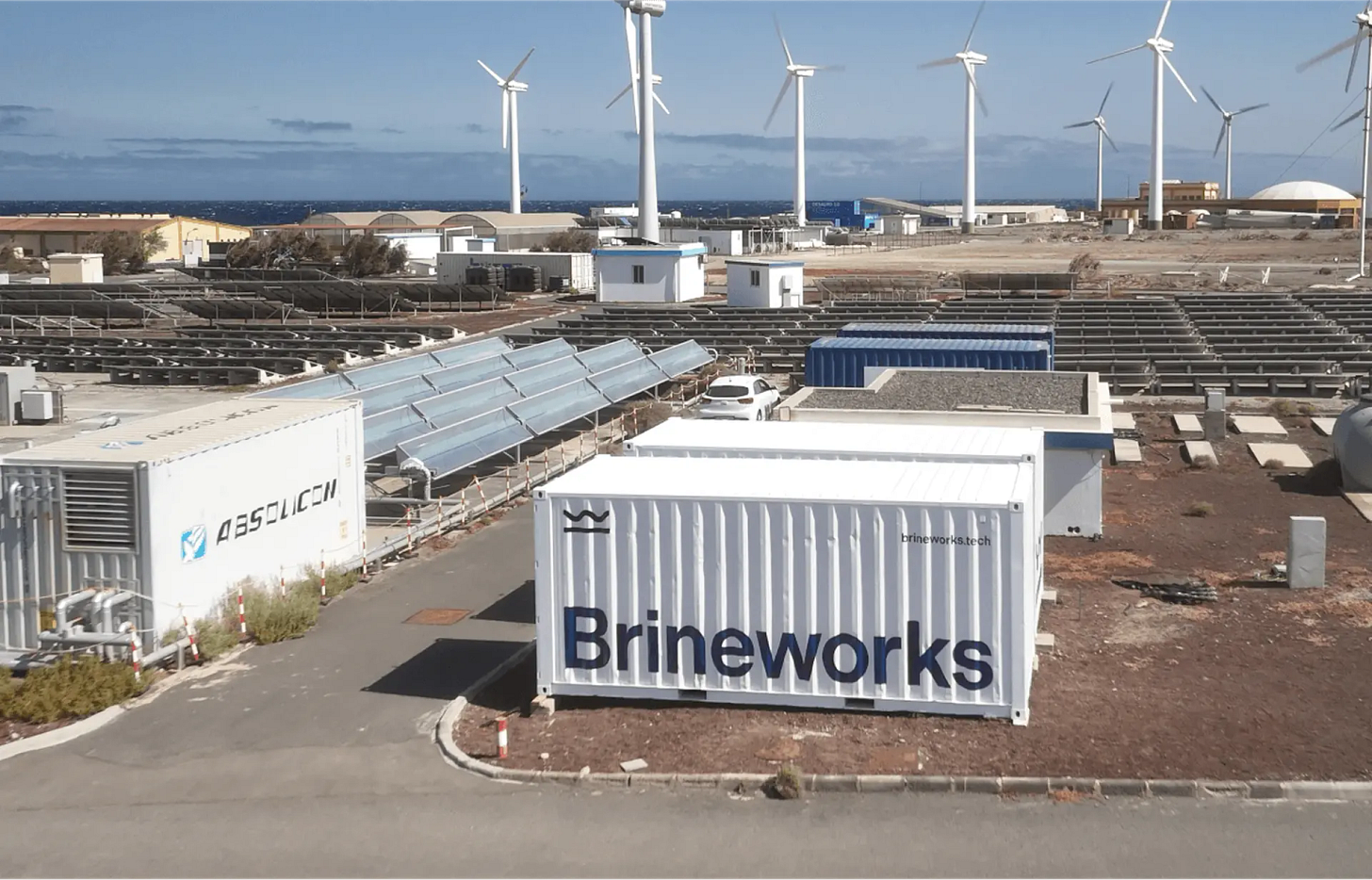Decarbonizing the aviation and shipping industries with seawater
What if any nation in the world could make sustainable oil from seawater?
Replacing fossil fuels with accessible and affordable e-fuels
The world runs on fossil fuels. They’re cheap, and easy to transport and store. Despite the rapid advancements in renewable energy, the low energy density of batteries makes it difficult to fully rely on renewables to power engines. The aviation and shipping industries are particularly dependent on the accessibility of fossil fuels to answer their high energy demand. To accelerate the green transition, the shift away from hydrocarbons needs to meet these technical and economic challenges. That’s where e-fuels come in: they are synthetic fuels made from feedstocks that are generated through electrolysis, a process that splits water molecules into hydrogen (H2) and oxygen (O2) using renewable ocean energy.
The key to market adoption of e-fuels relies on securing a sustainable, affordable, and abundant source of CO2 and H2. This is essential for producing synthetic fuels that can act as replacements for fossil-derived hydrocarbons. Luckily, seawater is full of CO2 and H2 swimming around, ripe for the picking.
Credits: Unsplash+
Unlocking e-fuels for the aviation and shipping industries
Here comes Brineworks. The team has built a novel seawater electrolyzer that powers a Direct Ocean Capture system. Not only does their system extract CO2 from seawater, but it also co-produces significant amounts of green H2 so they can provide both of the feedstocks needed for e-fuels. That makes their product uniquely ready to offer fuel independence to ships, planes, and even seaports. All they need is water and salt.
Since the ocean has a higher concentration of CO2 than air, Direct Ocean Capture could be a better process for CO2 removal than the popular Direct Air Capture technology. That’s powerful news since greenhouse gas emissions from energy have hit a record high and ocean ecosystems are paying the price. Direct Ocean Capture has the potential to remove the CO2 that is currently being over-absorbed by the oceans and prevent the negative consequences of CO2 excess on marine biodiversity.
By providing e-fuel feedstock in the form of CO2 and H2, Brineworks’ seawater electrolyzer can make the aviation and shipping industries energy-efficient as they would be able to produce e-fuel independently from volatile renewable sources like wind and solar energies. It’s a non-polluting, decentralized, independent source of energy storage that can fuel engines regardless of the grid or geopolitical tensions over fossil fuel supply. That’s true energy sustainability.
Credits: Brineworks
Given the massive potential of their technology, Pale blue dot led Brinework’s $2.2 million in pre-seed funding in June 2023, alongside First Momentum Ventures and Nucleus Capital.
Brineworks’ seawater electrolyzer will empower fuel producers for airlines and seaports to extract CO2 and H2 directly from the sea, delivering an abundant and inexpensive source of e-fuel feedstock. Scaling this solution means we can accelerate the low-carbon transition by decarbonizing heavy industries.
We are delighted to welcome Gudfinnur Sveinsson and Joseph Perryman into our founder community and support their journey ahead.
Brineworks is hiring! Check out their latest roles here






